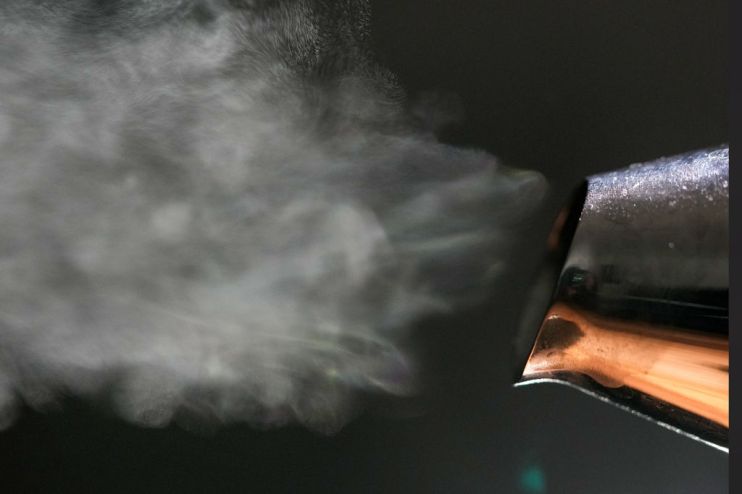Suppliers hit with £2bn debt heading into winter, predicts Cornwall Insight

Domestic energy suppliers could be exposed to nearly £2bn of debt as the cost of living crisis leaves more households unable to pay their record energy bills, warns Cornwall Insight.
The energy specialist’s latest report – ‘Bad debt and energy suppliers: A systemic risk’ – predicts a significant portion of the projected £1.9bn debt will be unrecoverable, known as ‘bad debt’.
Without the recovery of these debts, domestic energy suppliers are increasingly facing the prospect of very challenging financial circumstances, in particular on cashflow.
The report warns that with no action from policy or regulation, a worst-case scenario increases the risk of more supplier failures.
This could potentially result in increased costs to consumers and a further exacerbation of the cost-of-living crisis.
Cornwall Insight’s research reveals the number of consumers with no arrangement in place to repay their debt, while the average size of the debt has increased throughout the last decade.
Domestic consumer debt has risen to £1.4bn in the second quarter of 2022.

Unlike for households with the energy price guarantee subsidising bills, there is no arrangement to repay the supplier.
In July 2022, eight major suppliers estimated that they would incur £1.3bn of bad debt across 2022-2023.
This contrasts markedly with the much lower levels of £585m and £522m of bad debt in 2020-21 and 2021-22.
Levels of bad debt are unfortunately only likely to grow, with the support provided by the Energy Price Guarantee (EPG) changing from £2,500 to £3,000 for average households.
This is particularly an issue for challenger suppliers, with the Big Six on course to consume nearly 90 per cent of the market and with revenue.
Meanwhile, challenger firms such as So Energy are scrambling for funds this winter.
Cornwall Insight fears this will exacerbate the risk of supplier failures from April 2023.
Cornwall Insight: Solutions aren’t easy to find
Suppliers are allowed to make a margin of 1.9 per cent within the average £2,500 supported bill, meaning the total implied profit for the market is £1.4bn.
While not all of the £1.9bn of debt will be bad debt, Cornwall Insight expects the increased debts suppliers to outweigh the allowed profits suppliers might be able to achieve within the EPG.
In a worst-case scenario this could lead to more suppliers collapsing or needing public funding, which could drive up bills for customers.
Households faced a £94 per year hike to their energy bills this year to clean up the mess created by the collapse of 30 suppliers, and the costs involved in ferrying customers from fallen firms to surviving companies.
Dr Matthew Chadwick, lead research analyst at Cornwall Insight: “A solution is not easy, and government and industry need to do what they can to make sure the most vulnerable are suitably protected. At the same time, there needs to be a clear path for suppliers to recover the increasing levels of bad debt they are incurring.
“In practice, this means that the costs of bad debt will either need to be carried by the suppliers or by customers who are in a position to pay. It is important that the industry finds a balance in which customer detriment is minimised, while reducing the overall risk to suppliers.”
Ofgem has been approached for comment.